Christopher MacLellan
Intelligent Tutors Beyond K-12: An Observational Study of Adult Learner Engagement and Academic Impact
Feb 23, 2025Abstract:Intelligent tutors have proven to be effective in K-12 education, though their impact on adult learners -- especially as a supplementary resource -- remains underexplored. Understanding how adults voluntarily engage with educational technologies can inform the design of tools that support skill re-learning and enhancement. More critically, it helps determine whether tutoring systems, which are typically built for K-12 learners, can also support adult populations. This study examines the adoption, usage patterns, and effectiveness of a novel tutoring system, Apprentice Tutors, among adult learners at a state technical college. We analyze three types of data including, user demographics, grades, and tutor interactions, to assess whether voluntary tutor usage translates into measurable learning gains. Our findings reveal key temporal patterns in tutor engagement and provide evidence of learning within tutors, as determined through skill improvement in knowledge components across tutors. We also found evidence that this learning transferred outside the tutor, as observed through higher course assessment scores following tutor usage. These results suggest that intelligent tutors are a viable tool for adult learners, warranting further research into their long-term impact on this population.
Apprentice Tutor Builder: A Platform For Users to Create and Personalize Intelligent Tutors
Apr 11, 2024



Abstract:Intelligent tutoring systems (ITS) are effective for improving students' learning outcomes. However, their development is often complex, time-consuming, and requires specialized programming and tutor design knowledge, thus hindering their widespread application and personalization. We present the Apprentice Tutor Builder (ATB) , a platform that simplifies tutor creation and personalization. Instructors can utilize ATB's drag-and-drop tool to build tutor interfaces. Instructors can then interactively train the tutors' underlying AI agent to produce expert models that can solve problems. Training is achieved via using multiple interaction modalities including demonstrations, feedback, and user labels. We conducted a user study with 14 instructors to evaluate the effectiveness of ATB's design with end users. We found that users enjoyed the flexibility of the interface builder and ease and speed of agent teaching, but often desired additional time-saving features. With these insights, we identified a set of design recommendations for our platform and others that utilize interactive AI agents for tutor creation and customization.
Do it Like the Doctor: How We Can Design a Model That Uses Domain Knowledge to Diagnose Pneumothorax
May 24, 2022



Abstract:Computer-aided diagnosis for medical imaging is a well-studied field that aims to provide real-time decision support systems for physicians. These systems attempt to detect and diagnose a plethora of medical conditions across a variety of image diagnostic technologies including ultrasound, x-ray, MRI, and CT. When designing AI models for these systems, we are often limited by little training data, and for rare medical conditions, positive examples are difficult to obtain. These issues often cause models to perform poorly, so we needed a way to design an AI model in light of these limitations. Thus, our approach was to incorporate expert domain knowledge into the design of an AI model. We conducted two qualitative think-aloud studies with doctors trained in the interpretation of lung ultrasound diagnosis to extract relevant domain knowledge for the condition Pneumothorax. We extracted knowledge of key features and procedures used to make a diagnosis. With this knowledge, we employed knowledge engineering concepts to make recommendations for an AI model design to automatically diagnose Pneumothorax.
Decomposed Inductive Procedure Learning
Oct 25, 2021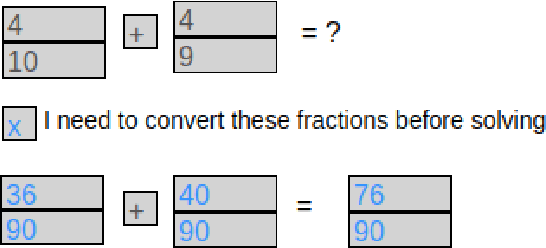
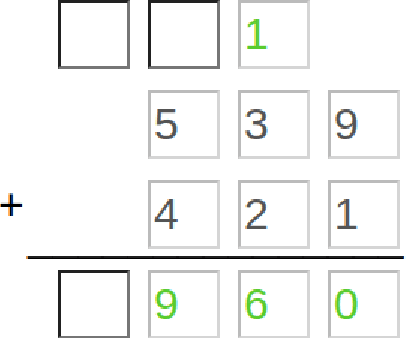
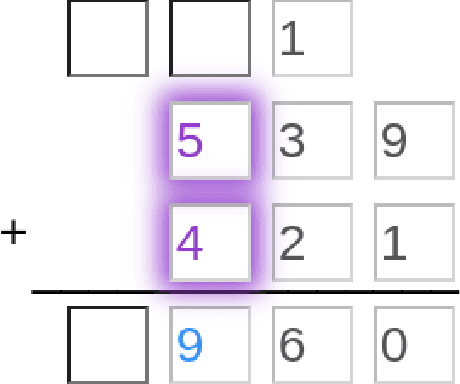
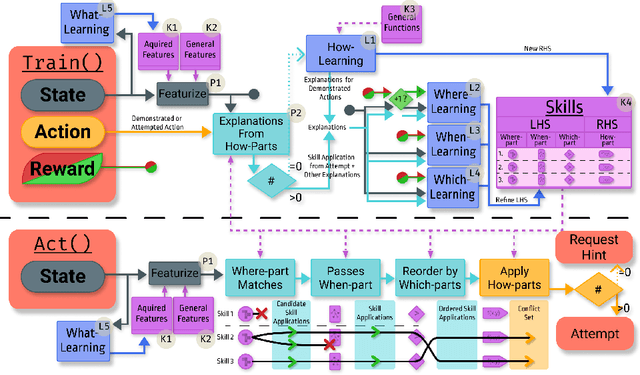
Abstract:Recent advances in machine learning have made it possible to train artificially intelligent agents that perform with super-human accuracy on a great diversity of complex tasks. However, the process of training these capabilities often necessitates millions of annotated examples -- far more than humans typically need in order to achieve a passing level of mastery on similar tasks. Thus, while contemporary methods in machine learning can produce agents that exhibit super-human performance, their rate of learning per opportunity in many domains is decidedly lower than human-learning. In this work we formalize a theory of Decomposed Inductive Procedure Learning (DIPL) that outlines how different forms of inductive symbolic learning can be used in combination to build agents that learn educationally relevant tasks such as mathematical, and scientific procedures, at a rate similar to human learners. We motivate the construction of this theory along Marr's concepts of the computational, algorithmic, and implementation levels of cognitive modeling, and outline at the computational-level six learning capacities that must be achieved to accurately model human learning. We demonstrate that agents built along the DIPL theory are amenable to satisfying these capacities, and demonstrate, both empirically and theoretically, that DIPL enables the creation of agents that exhibit human-like learning performance.
Learning Cognitive Models using Neural Networks
Jun 21, 2018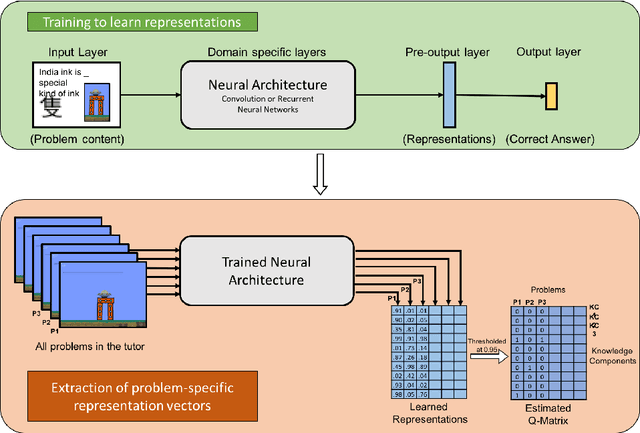


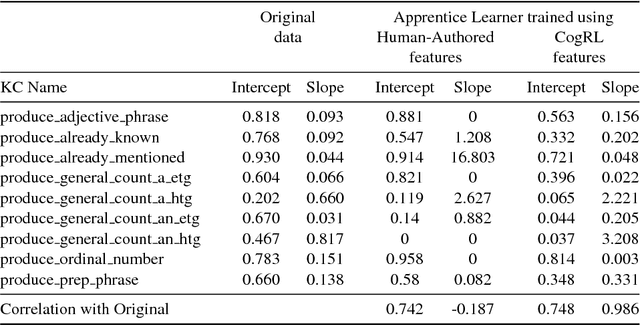
Abstract:A cognitive model of human learning provides information about skills a learner must acquire to perform accurately in a task domain. Cognitive models of learning are not only of scientific interest, but are also valuable in adaptive online tutoring systems. A more accurate model yields more effective tutoring through better instructional decisions. Prior methods of automated cognitive model discovery have typically focused on well-structured domains, relied on student performance data or involved substantial human knowledge engineering. In this paper, we propose Cognitive Representation Learner (CogRL), a novel framework to learn accurate cognitive models in ill-structured domains with no data and little to no human knowledge engineering. Our contribution is two-fold: firstly, we show that representations learnt using CogRL can be used for accurate automatic cognitive model discovery without using any student performance data in several ill-structured domains: Rumble Blocks, Chinese Character, and Article Selection. This is especially effective and useful in domains where an accurate human-authored cognitive model is unavailable or authoring a cognitive model is difficult. Secondly, for domains where a cognitive model is available, we show that representations learned through CogRL can be used to get accurate estimates of skill difficulty and learning rate parameters without using any student performance data. These estimates are shown to highly correlate with estimates using student performance data on an Article Selection dataset.
 Add to Chrome
Add to Chrome Add to Firefox
Add to Firefox Add to Edge
Add to Edge